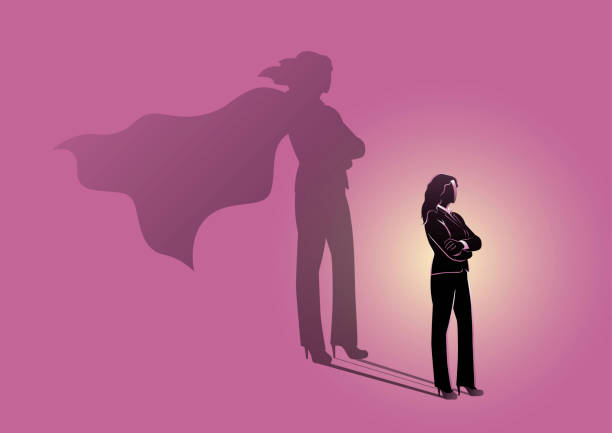
Are Women More Powerful Today?
It’s no secret that only a select few realize the benefits of being a high-end escort to Amsterdam’s elite. The models at W Escorts, on the other hand, aren’t just robots that don’t grasp specific historical gender roles or the bias that people have when discussing our industry.
First and foremost, our firm is unique in that we cater to a particular clientele; we cater to Amsterdam guys earning $350,000 or more per year on average. That alone is a game changer in many ways, but one factor that still has to alter is certain men’s general bias against women.
For generations, traditional gender roles have been a feature of human culture. These roles have been shaped by society and cultural conventions that demand specific gender-based behaviors, roles, and expectations for individuals. Males have traditionally been allocated the roles of providers, guardians, and leaders, while females have generally been assigned the roles of caregivers, homemakers, and nurturers. However, in the last 25 years, the role of women in society has experienced substantial change. Women are more relevant and powerful than ever before.
In the past, women were expected to care for the household and children while men went out to work and earn a living. Women’s role was limited to the domestic sphere, and they had few opportunities for education or career advancement. However, over time, Females began to demand equal rights and opportunities. This demand for equality paved the way for a significant transformation in women’s societal roles.
One of the most significant changes that have taken place over the last 25 years is the increasing number of women entering the workforce. Women have begun taking on more leadership roles in the workplace, breaking the traditional stereotype that men are the sole breadwinners. Women have entered fields such as medicine, law, and engineering, traditionally dominated by men. This has not only helped Females earn more but also allowed them more options and freedom.
Several factors, including education, changes in laws and policies, and changing social attitudes, have driven the changing roles of females. Female’s education has played a significant role in this transformation. As women become more educated, they are better equipped to compete in the job market and take on leadership roles. Education has also given women the confidence to challenge traditional gender roles and demand equal rights and opportunities.
Changes in laws and policies have also played a significant role in empowering females. Many countries have passed laws that prohibit discrimination against females in the workplace and provide women with equal pay for equal work. These laws have provided women with legal protection against discrimination and allowed them to demand equal treatment in the workplace.
Changing social attitudes have also played a significant role in empowering females. The traditional stereotype of women being relegated to the domestic sphere is slowly changing. Society is beginning to recognize the value of women’s contributions to the workplace and the economy. Women are no longer seen as weak and incapable of leadership roles.
The changing role of women in society has empowered not only women but also positively impacted society as a whole. Females are now better equipped to contribute to the economy and play a more significant role in decision-making. Women’s empowerment has also helped to break down gender stereotypes and improve gender relations.
In conclusion, the changing role of women in society over the last 25 years has been transformative. Females have become more relevant, empowered, and independent than ever before. The increasing number of women entering the workforce, changes in laws and policies, and changing social attitudes have all played a significant role in this transformation. Women’s changing role has positively impacted society and paved the way for a more equal and just society.